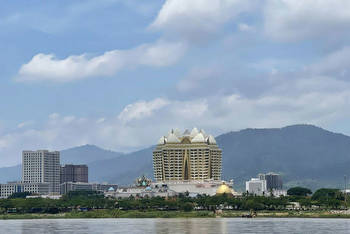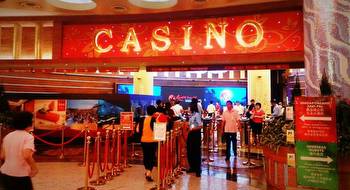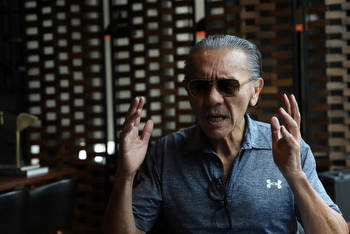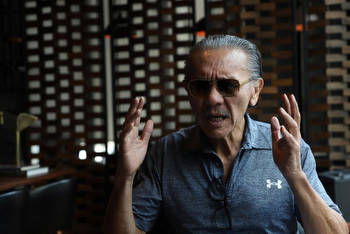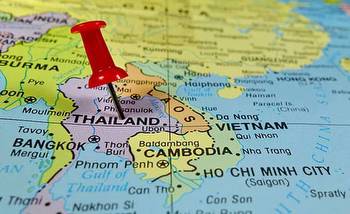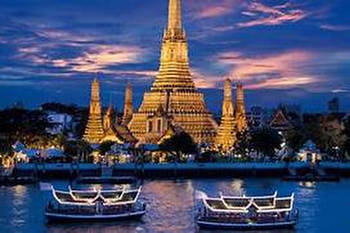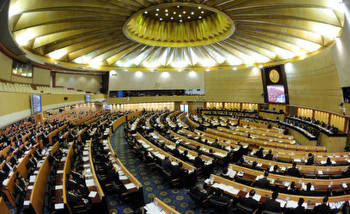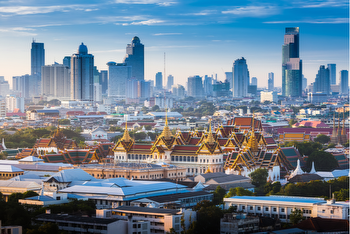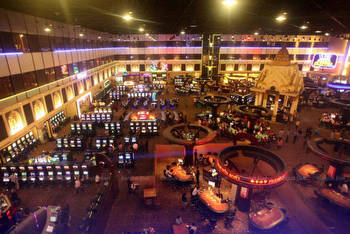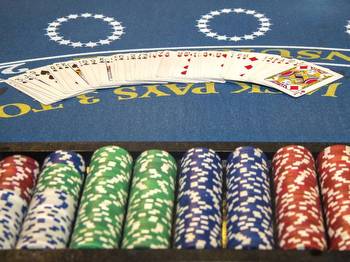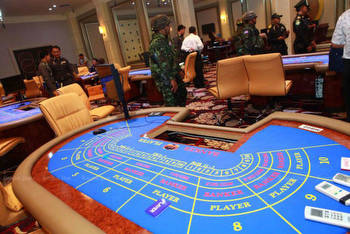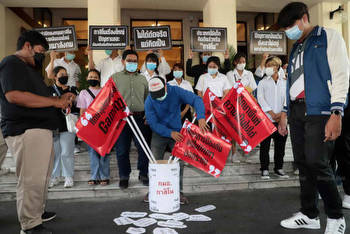Thailand considers legalising casinos
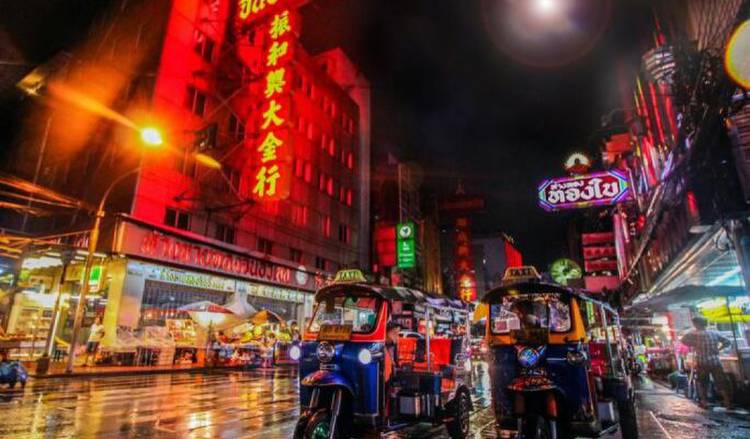
Thailand's relationship with gambling has been tense since the 1930s. The 1935 Gambling Act banned all cash betting aside from the state lottery and on horse races at state-licensed racecourses. Laos, Cambodia, Myanmar, Malaysia, and Singapore have taken steps to legalise gambling. Thailand's government is considering legalising casinos to boost tourism and revive the country's economy.
Thai parliamentarians propose revising the 1935 Gambling Act to allow for the construction of entertainment complexes containing legally operating casinos. Thailand is working to revitalise its tourism sector. The Thailand Casino Committee has indicated five possible sites for casino resorts around the country. Thailand made history this year by becoming the first Asian nation to legalise cannabis and the second to take steps toward legalising same-sex partnerships.
There are many competitors in the Asian integrated resort sector. Thailand's proposed resort sites may not be able to attract the critical business currently underpinning Macau's casino industry. Singapore has just two integrated resorts. It is oriented more towards business customers than leisure customers.
There are no laws regarding online gambling in Thailand. Local players continue to play at online casinos and gaming websites hosted outside of the country. In-person gaming activities are the main focus of government's anti-gambling efforts.
There are religious and secular objections to revising the country's Gambling Act. Buddhism does not forbid gambling, but it disapproves of theft and fraud. Non-profit organisations have also taken a stand against the gambling industry.
Thailand considers legalising casinos. It seems likely that Thailand will follow many of its Asian neighbours’ example and amend its current gambling legislation.













